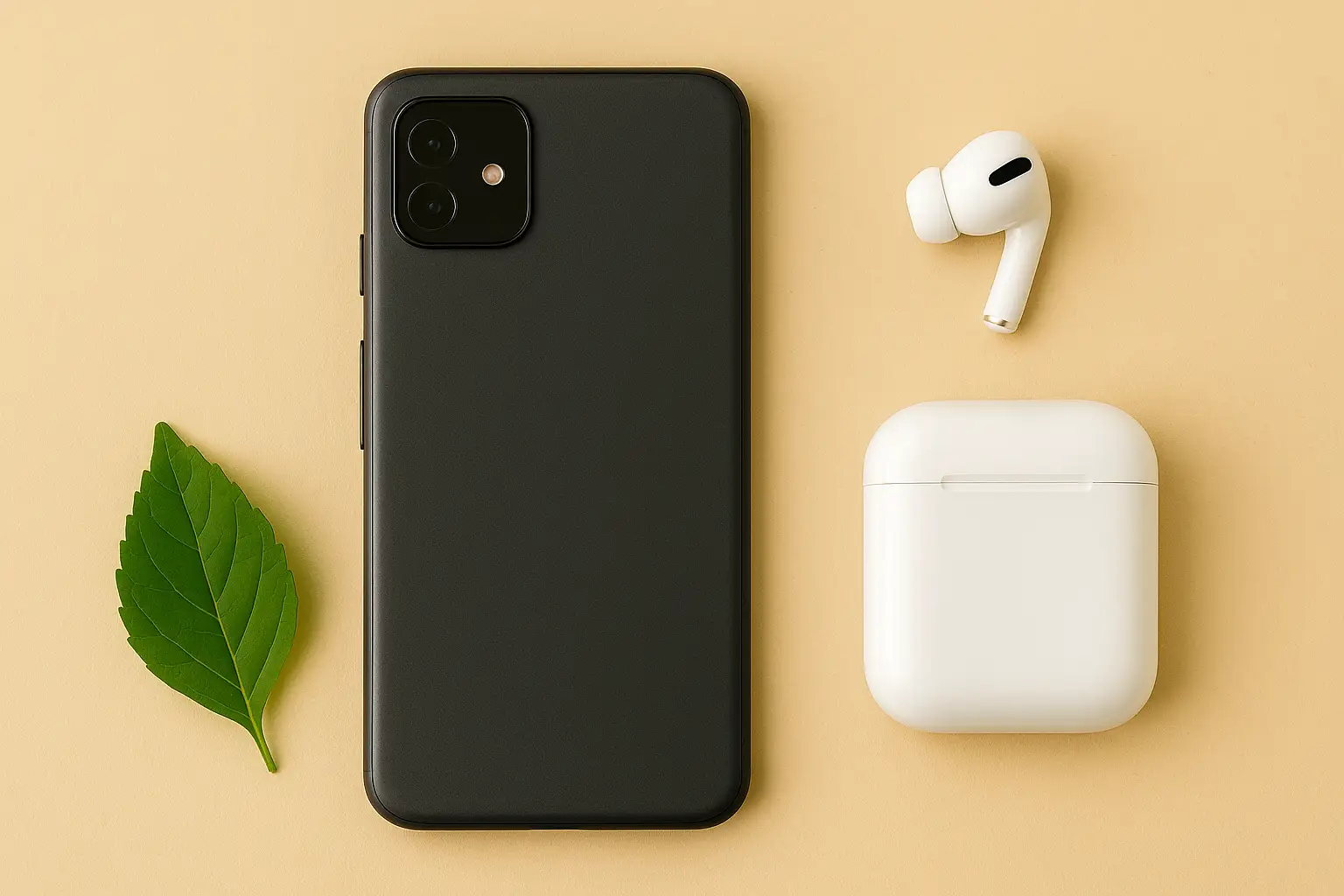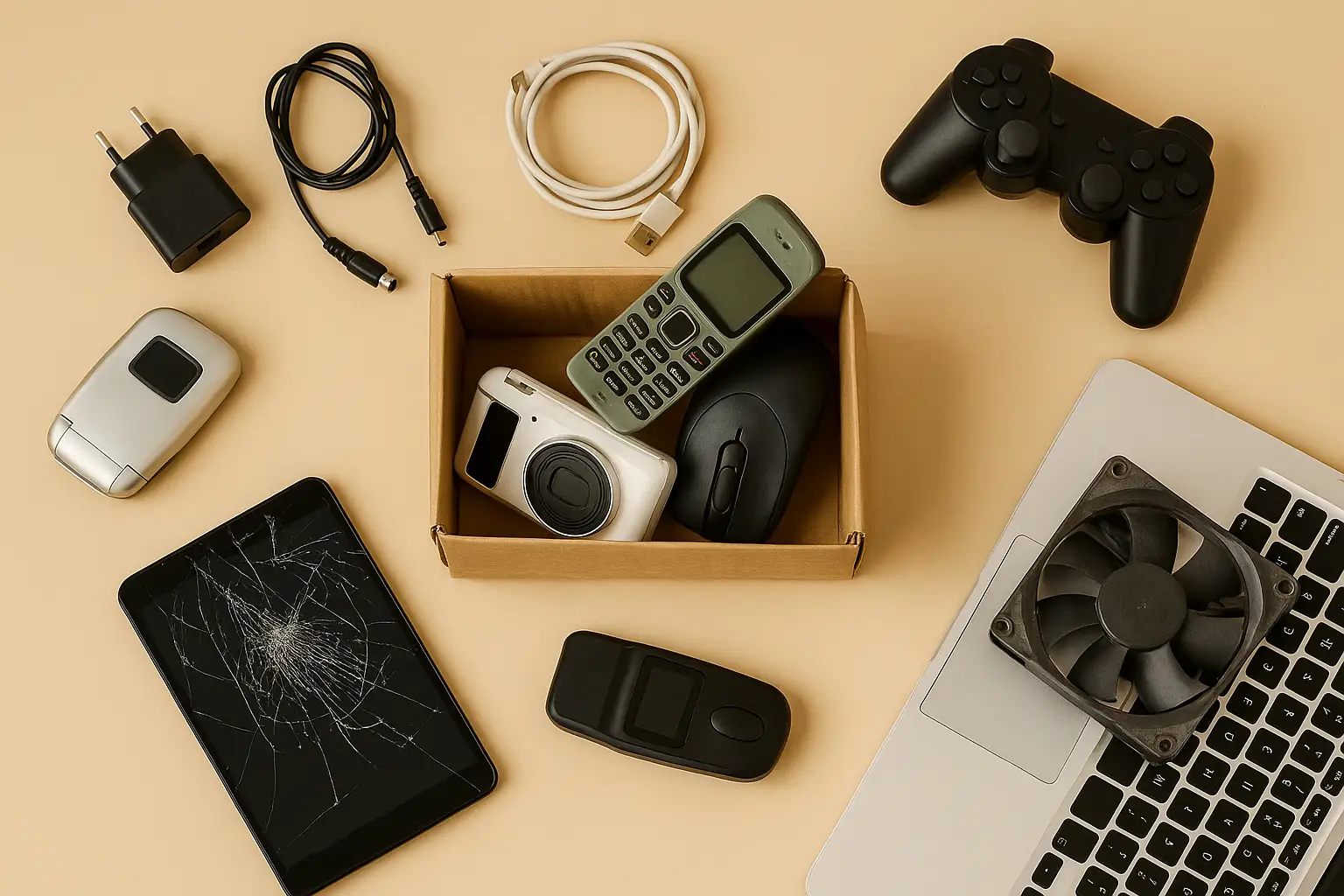Conscious Connectivity: Exploring Ethical Smartphone Brands You Can Support

In our hyper-connected world, the smartphone has become an indispensable tool, a portal to information, communication, and entertainment. However, the sleek devices in our pockets often come with a hidden cost, encompassing environmental impact, labor practices, and data privacy concerns. As consumers become increasingly aware of these ethical dimensions, a demand for more responsible and transparent technology is growing. This exploration delves into the burgeoning landscape of ethical smartphone brands, highlighting companies that are striving to produce devices with a greater focus on sustainability, fair labor, and user rights.
Choosing an ethical smartphone isn't just about acquiring a functional device; it's a conscious decision to support businesses that align with your values and contribute to a more just and sustainable future. By understanding the challenges inherent in the smartphone industry and recognizing the efforts of these pioneering brands, you can make informed choices that send a powerful message to the market and encourage a more responsible tech ecosystem.
The Shadowy Side of Silicon: Understanding the Ethical Challenges in Smartphone Manufacturing
The journey of a smartphone, from raw material extraction to the moment it lands in your hand, is complex and often fraught with ethical dilemmas:
- Conflict Minerals: Many essential minerals used in smartphone components, such as tin, tantalum, tungsten, and gold, are sourced from regions with conflict and human rights abuses. Supporting ethical brands often means choosing companies committed to responsible sourcing and conflict-free supply chains.
- Labor Practices: The manufacturing of smartphones frequently involves long working hours, low wages, and poor working conditions in factories, particularly in developing countries. Ethical brands prioritize fair labor practices and worker well-being throughout their supply chains.
- Environmental Impact: The production of smartphones is energy-intensive and generates significant greenhouse gas emissions. The use of hazardous materials and the growing problem of electronic waste (e-waste) further contribute to environmental degradation. Ethical brands strive for energy efficiency, the use of recycled and sustainable materials, and designing for longer lifespans and easier repairability.
- Data Privacy and Security: The vast amounts of personal data collected by smartphones and the companies behind them raise serious concerns about privacy violations and security breaches. Ethical brands prioritize user control over data, transparent data collection practices, and robust security measures.
- Planned Obsolescence: The business model of many major smartphone manufacturers often encourages frequent upgrades, leading to unnecessary consumption and e-waste. Ethical brands may focus on creating devices that are designed to last longer and are easier to repair.
The Pioneers of Responsibility: Ethical Smartphone Brands to Consider
While the landscape is still evolving, several smartphone brands are making significant strides in addressing these ethical challenges. Supporting these companies can encourage wider industry adoption of more responsible practices:
- Fairphone: Often cited as a leader in the ethical smartphone movement, Fairphone designs its devices with modularity and repairability in mind. This allows users to easily replace individual components, extending the phone's lifespan and reducing e-waste. They also prioritize fair labor practices in their supply chain and aim for conflict-free sourcing of materials. Fairphone is transparent about its challenges and progress, offering a refreshing level of accountability in the industry.
- Shift: Similar to Fairphone, Shift focuses on creating modular and repairable smartphones. This German company emphasizes fair working conditions in its production and aims for a longer product lifecycle through user-replaceable parts and software updates. Shift also highlights its commitment to social responsibility and environmental sustainability.
- Teracube: Teracube offers smartphones with an extended warranty, encouraging users to keep their devices for longer. They also plant trees for every phone sold, directly addressing their carbon footprint. Teracube emphasizes affordability alongside its commitment to sustainability and aims to provide a more environmentally conscious option for a wider range of consumers.
- Pine64 (with PinePhone): Primarily known for its affordable single-board computers, Pine64 also offers the PinePhone, a smartphone focused on open-source software and user freedom. While not solely focused on traditional ethical metrics like fair labor in the same way as Fairphone or Shift, its commitment to open-source principles provides users with greater control over their devices and software, potentially enhancing privacy and longevity through community support.
- e Foundation (with /e/OS): While not a hardware manufacturer, e Foundation offers a privacy-focused, de-Googled mobile operating system called /e/OS. This can be installed on a range of existing smartphone models, giving users greater control over their data and reducing their reliance on Google's ecosystem, which has significant privacy implications. Supporting e Foundation is a way to prioritize ethical software within the existing hardware landscape.
Beyond the Purchase: Supporting Ethical Tech as a Consumer
Choosing an ethical smartphone brand is a significant step, but there are other ways you can support the movement towards more responsible technology:
- Demand Transparency: Ask companies about their sourcing, labor practices, and environmental impact. Engage with brands on social media and let them know that these issues are important to you.
- Support Right to Repair: Advocate for legislation and support initiatives that make it easier and more affordable to repair your electronic devices, extending their lifespan and reducing e-waste.
- Buy Refurbished: Consider purchasing refurbished smartphones from reputable sellers. This gives a second life to existing devices and reduces the demand for new manufacturing.
- Recycle Responsibly: When your phone finally reaches the end of its usable life, ensure you recycle it through certified e-waste recycling programs to recover valuable materials and prevent hazardous substances from entering the environment.
- Educate Yourself and Others: Stay informed about the ethical challenges in the tech industry and share your knowledge with friends and family to raise awareness and encourage more conscious consumption.
The rise of ethical tech represents a growing awareness that innovation should not come at the expense of people or the planet. By supporting brands that prioritize sustainability, fair labor, and user rights, and by adopting more conscious consumption habits, we can collectively shape a future where our technological advancements align with our ethical values, creating a more responsible and sustainable digital world for all.
Related Blogs

Neutralizing Your Tech Footprint: Choosing Carbon-Neutral Tech Purchases
Support climate action by opting for carbon-neutral certified tech and offset programs.

The Silent Energy Thief: Cutting Down Idle Device Usage for a Sustainable Digital Footprint
Improve energy efficiency and extend device life by implementing power-saving settings.

The Unseen Gigabytes: Cutting Your Streaming Carbon Footprint
Reduce your digital carbon footprint by adjusting streaming quality and habits.

Swipe Right on Sustainability: How Digital Decluttering Cultivates a Greener Lifestyle
Insights on digital decluttering for a greener lifestyle in a sustainable way.

Decoding Disposal: Your Essential Guide to Responsibly Recycling E-Waste
Insights on the rise of ethical tech in a sustainable way.

Surfing Sustainably: Unveiling the World of Eco-Friendly Browsing
Insights on eco-friendly browsing in a sustainable way.
Stay in the Loop
Get tips and insights tailored to your interests — no spam, just sustainability.